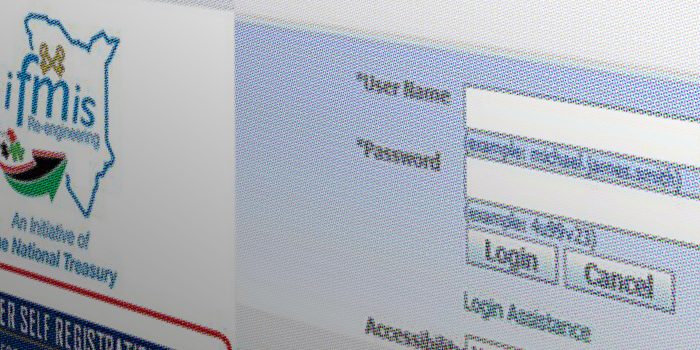Making Framework Agreements Agreeable to Public Entities
Utilized where the public entity requires goods, works or non-consultancy services but is not able to determine the exact quantities required at the time of entering into the agreement.

Framework Agreements are legally-binding arrangements with suppliers to establish terms governing contracts that may be awarded during the life of the agreement. In other words, it is a general term for agreements that set out terms and conditions for making specific purchases (call-offs).
The Public Procurement and Assets Disposal Act 2015 defines a “framework agreement” as a pact between a procuring entity and a selected supplier (or suppliers) or contractor (or contractors) identified for a definite term to supply goods works or service whose quantities and delivery schedules are not definable or determinable at the beginning.
This procurement method is utilized where the public entity requires goods, works or non-consultancy services but is not able to determine the exact quantities required at the time of entering into the agreement. The term of the agreement is limited to three years and a minimum of seven alternative vendors must be included for each category.
When implementing the framework agreement, the public entity may procure through call-off orders or invite mini-competitions among persons that have entered into the framework agreement in the respective category.
Here’s what the Procurement Laws say about Framework Agreement
The use of Framework Agreement as a procurement method is governed by Section 114 of the Public Procurement and Asset Disposal Act Revised Edition 2016 as outlined below:
- A procuring entity may enter into a framework agreement open tender if:
- the procurement value is within the thresholds prescribed under Regulations to the Act;
- the required quantity of goods, works or non-consultancy services cannot be determined at the time of entering into the agreement; and
- a minimum of seven alternative vendors are included for each category.
- The maximum term for the framework agreement shall be three years and for agreements exceeding one year, a value for money assessment undertaken annually to determine whether the terms designated in the framework agreement remain competitive.
- When implementing a framework agreement, a procuring entity may:
- procure through call-offs order when necessary; or
- invite mini-competition among persons that have entered into the framework agreement in the respective category.
- For the purposes of subsection (3)(a), “call-offs order” means an order made using a framework agreement with one or more contractors, suppliers or consultants for a defined quantity of works, goods, consultancy covering terms and conditions including price that users require to meet the immediate requirements.
- Evaluation of bids under category specified by subsection (3)(b) shall be undertaken by an evaluation committee as provided for under the Act.
- A procurement management unit shall prepare and submit to the accounting officer with a copy to the internal auditor quarterly reports detailing an analysis of items procured through framework agreements and these reports shall include an analysis of patterns of usage, procurement costs in relation to prevailing market rates and any recommendations.
- For greater certainty, procurements undertaken through framework agreements may be subject to preferences and reservations as provided for in this Act.
For the purposes of sub-regulation (2)(b) above, the appropriate procedure for contracting under a framework agreement is defined within the Regulations is as follows:
-
- for each contract to be awarded, the procuring entity shall invite in writing the suppliers or contractors that have entered into the framework agreement to participate in the mini-competition;
- the procuring entity shall give a minimum of three days for bidders to submit their financial bids;
- suppliers or contractors must submit their financial bids in writing;
- the procuring entity shall keep the content of the financial bids confidential until the deadline for receiving tenders has expired;
- the procuring entity shall award the contract to the tenderer that has submitted the lowest evaluated price on the basis of the award criteria set out in the framework agreement.
The Maximum Level of Expenditure for Framework Agreements
Guided by the Second Schedule of the Public Procurement and Assets Disposal Regulations (2020), where the procurement method is Framework Agreement, the threshold matrix is provided as follows:
| Procurement Method – Framework agreement (Section 114 of the Act) | ||
| Goods | Works | Services |
| No Maximum expenditure under this method provided the conditions under this section are met. | No Maximum expenditure under this method provided the conditions under this section are met. | No Maximum expenditure under this method provided the conditions under this section are met. |
| No minimum | No minimum | No minimum |
For the goods or services whose prices are volatile, framework agreements shall include an indexing mechanism to adjust prices based on prevailing Central Bank’s monthly rate of inflation or the consumer price index of the Kenya National Bureau of Statistics. Here’s a link to PPAD Regulations 2020 for additional details on how the Framework Agreement gets implemented as a procurement method by the Government of Kenya.
Have you tried applying for a Framework Agreement before? Share your experience and learnings below.
This article is part of the Procurement Methods blog series.







